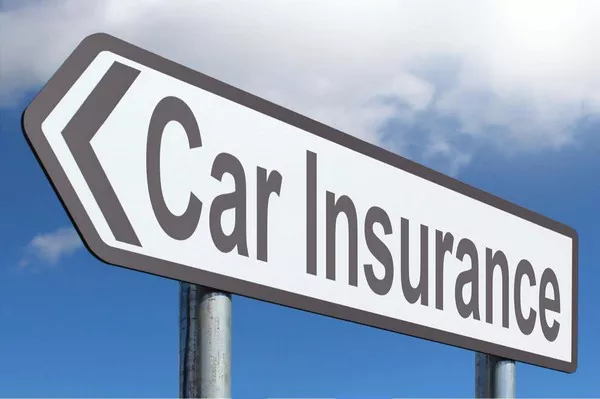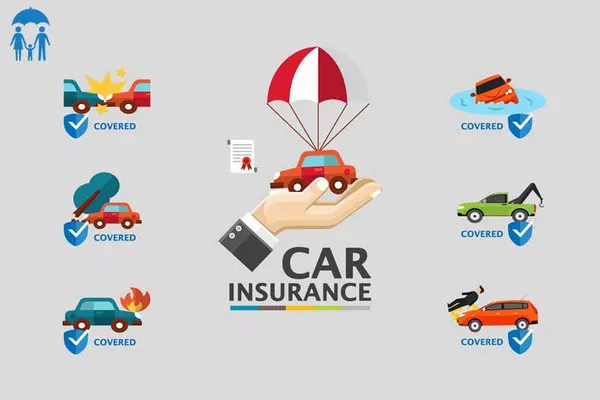When your car is involved in a severe accident, the insurance process can be overwhelming. One of the most significant terms you may encounter is “totaled car.” Understanding what it means when your car is totaled and what your insurance company will do with it is crucial for navigating this challenging situation. This article will explore the concept of a totaled car, the insurance company’s process for handling it, and what you can expect after the accident. Whether you’re facing this situation now or want to be prepared for the future, this guide will provide the necessary insights.
Understanding a Totaled Car
A car is considered “totaled” when the cost of repairs exceeds a certain percentage of its actual cash value (ACV). The percentage threshold varies by state and insurance company but generally falls between 60% and 80%. When a car is deemed totaled, it means it is not economically feasible to repair it, and the vehicle will be declared a total loss.
Key Factors in Determining Total Loss
Actual Cash Value (ACV): The ACV is the market value of your car just before the accident. It takes into account depreciation, condition, mileage, and any modifications made to the vehicle. Insurance companies typically assess ACV using industry databases, local market trends, and vehicle history reports.
Repair Costs: If the estimated repair costs are higher than the ACV or exceed the threshold set by the insurance company, your car will be classified as totaled. Common costs that contribute to this evaluation include labor, parts, and additional fees such as towing and storage.
State Regulations: Different states have varying laws and regulations regarding total loss determinations. Some states mandate specific percentage thresholds for declaring a car a total loss, while others allow insurers discretion.
What Does the Insurance Company Do With a Totaled Car?
When your car is declared a total loss, the insurance company follows a structured process to handle the situation. Here’s what typically happens:
Evaluation of the Vehicle
After the accident, the insurance adjuster will assess the damage to your car. This evaluation includes:
Inspection: The adjuster will inspect the vehicle to determine the extent of the damage. They may also review photos and repair estimates provided by repair shops.
Assessment of ACV: The adjuster will calculate the ACV based on various factors, including market trends and the vehicle’s condition before the accident.
Determining Total Loss
If the repair costs exceed the threshold percentage of the ACV, the adjuster will classify the car as a total loss. You will receive a notification from the insurance company stating that your vehicle is totaled.
Settlement Offer
Once the total loss is confirmed, the insurance company will present you with a settlement offer based on the calculated ACV of your vehicle. This offer should cover:
ACV Payment: The amount the insurance company determines to be the fair market value of your totaled car.
Deductibles: If applicable, your policy may have a deductible that will be subtracted from the settlement amount.
Additional Expenses: Some policies may also cover costs such as towing fees, storage fees, and sales tax, depending on the specific terms of your policy.
See Also: Understanding Car Insurance Premiums: What They Are
Negotiation Process
You are not obligated to accept the initial settlement offer. If you believe the offer is too low based on your vehicle’s condition or market value, you can negotiate with the insurance adjuster. To support your case, you may provide:
Comparable Sales: Research and present evidence of similar vehicles for sale in your area.
Vehicle History Report: Provide documentation of your car’s maintenance history, accident history, and any modifications or upgrades.
Title Transfer and Salvage
Once a settlement is reached and payment is made, the insurance company will take ownership of the totaled vehicle. The following steps occur:
Title Transfer: The insurance company will handle the transfer of the title to themselves, officially designating the vehicle as “salvaged” or “totaled.”
Salvage Auction: The insurance company may choose to sell the vehicle at a salvage auction. Salvage yards or auto recyclers typically purchase these vehicles to salvage parts or refurbish them for resale.
Payment and Claim Closure
After settling on a price for your totaled car, the insurance company will issue a payment. Once payment is made, your claim is considered closed, and the insurance company is no longer responsible for the vehicle or any future liabilities related to it.
Options for Handling a Totaled Car
As a policyholder, you have options regarding what to do after your car is declared a total loss. Here are some considerations:
Accepting the Settlement
If you agree to the insurance company’s settlement offer, they will provide payment for the ACV minus any deductible. Once you accept, the insurance company will take ownership of the vehicle.
Retaining the Vehicle
In some cases, you may choose to keep your totaled car. This option is often referred to as a “buyback.” If you opt to retain the vehicle, the insurance company will deduct the salvage value from your settlement offer. Be aware that retaining a totaled vehicle may affect your future insurance options.
Purchasing a New Vehicle
If you receive a settlement that covers the cost of a new vehicle, you can use the payment to purchase a replacement. Consider exploring different options, such as new and used vehicles, to find a suitable replacement.
Salvaging Parts
If you have mechanical knowledge or know someone who does, you may consider salvaging usable parts from your totaled vehicle before the insurance company takes ownership. Be sure to check state laws regarding salvaged vehicles and their title.
Common Questions About Totaled Cars and Insurance
Will My Insurance Premium Increase After a Total Loss?
A total loss can lead to an increase in your insurance premium, especially if you were at fault for the accident. Insurers may view you as a higher risk after a claim, which could result in higher rates when it’s time to renew your policy.
How Long Does It Take to Settle a Total Loss Claim?
The time it takes to settle a total loss claim can vary based on factors such as the complexity of the case, negotiation between the policyholder and the insurance company, and the specific policies of the insurer. On average, the process may take anywhere from a few days to several weeks.
Can I Challenge the Insurance Company’s Valuation?
Yes, if you believe the insurance company’s valuation of your vehicle is too low, you can provide supporting evidence, such as comparable sales and a vehicle history report, to challenge their assessment. Engaging in negotiations may help you secure a better settlement.
What Happens to My Loan if My Car is Totaled?
If you still owe money on a car loan when your vehicle is totaled, the insurance company will pay the ACV to you or the lender, depending on the situation. If the settlement amount is less than what you owe, you may be responsible for the remaining balance, known as “negative equity.”
Do I Need to Inform My Lender if My Car is Totaled?
Yes, it’s essential to inform your lender as soon as your car is totaled. They have a financial interest in the vehicle and will need to be involved in the claim settlement process to ensure the loan is paid off.
Conclusion
Dealing with a totaled car can be a challenging and emotional experience. Understanding what it means when your car is declared a total loss, how the insurance company handles the situation, and your options moving forward is crucial for navigating this difficult time. By being informed about the process, negotiating effectively, and making smart choices, you can ensure that you receive a fair settlement and move on to your next vehicle with confidence. Remember to communicate openly with your insurance provider and seek clarification on any questions or concerns you may have throughout the process.
You Might Be Interested In





















